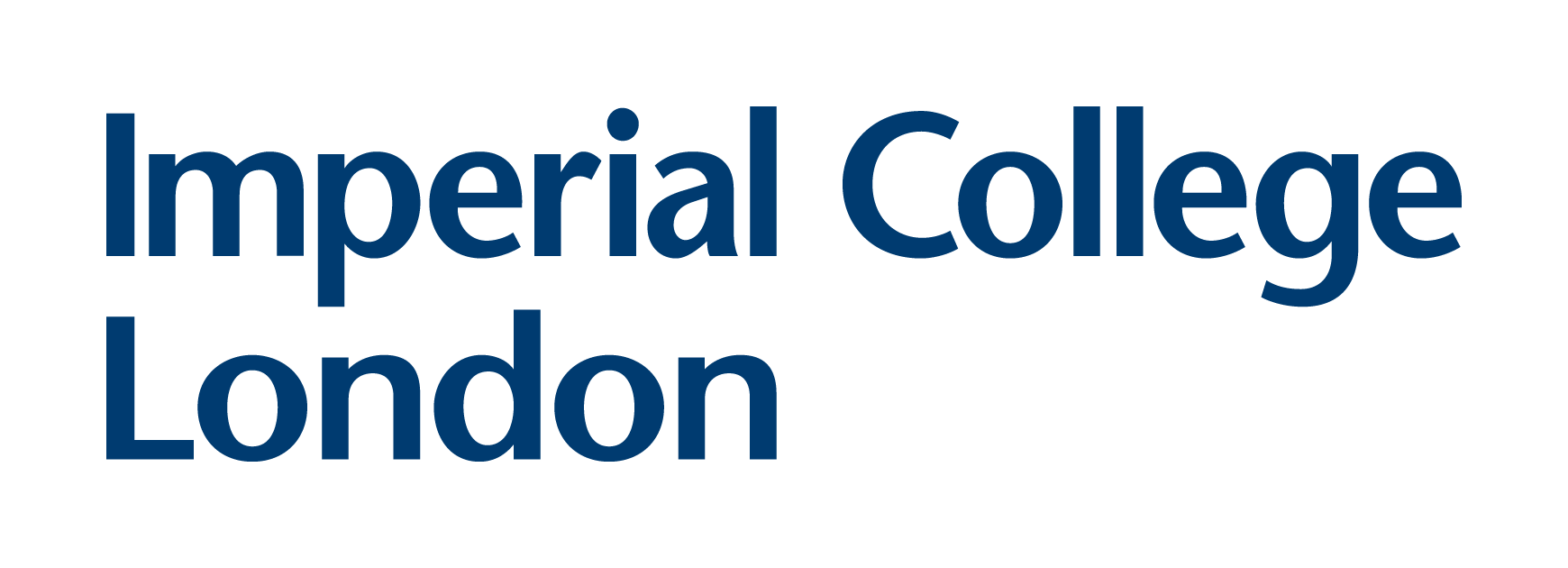Purpose: This module is intended to help bridge the gap between university teaching and industrial software engineering practice. We do this by exploring a different topic each week, doing some of our own research and practical work, and inviting expert guest speakers to join us and share their knowledge and experience. This is not a module about building and programming but rather gathering information, analysing and understanding a situation, and thinking through the complex technical and socio-economic tradeoffs that characterise industrial software engineering.
People:
- Eoin Woods course leader
- Matt Green course leader
- David Loughlin teaching assistant
Class time in person on Fridays 11:00-13:00 in Huxley 342. You are expected to attend all of the classes.
Office hours are generally on Tuesday. The sessions with me will usually be on Tuesdays 10:00 to 12:30 in the Huxley Building or via Teams. Office hours with Matt Green will usually be on Tuesdays from 14:00 until 16:30, again in the Huxley Building. The booking sheet for both sessions is here. During some weeks, office hours will have to be remote as one or both of us is travelling. Other weeks it is possible that they may change day from Tuesday. Read the spreadsheet carefully to make sure you understand which day you are signing up for and whether it is face-to-face or via video.
Coursework can be found on Scientia here.
The official outline of the course can be found here. This web page aims to provide more specific information for the Autumn 2024 run of the module.
The module is mainly self-directed learning, with group work to complete each week before a lecture session on the topic, when, most weeks, we feature guest speakers where they will give a talk or particpate in a panel, and we will look at some of the work you have done in your groups and discuss it.
For each topic we will provide some suggested reading to start the research process but you are encouraged to find and critically consider other related material on the subject.
We cannot stress enough how important your contribution is to this module, both via coursework and in class.
You will probably find that this module is quite a lot of work during the term, however there is no final exam and so you are free of work for this module by Wednesday 4th December. Your exam period starts on Monday 9th December.
Most weeks you should expect to spend about 6 hours working in your group on research and practical exercises from the worksheet and then 2 hours in the classroom session, meaning a weekly workload of about 8 hours plus a little additional time for the midpoint and final assessments.
Hopefully you will also find the module stimulating, quite fun and a little different to many of your regular taught modules.
Schedule
| Week Starting | Topic | Speakers |
|---|---|---|
| 7th October 2024 | Cloud Economics | Eoin Woods, Matt Green |
| 14th October 2024 | Software Architecture | Jacqui Read and Nick Rozanski |
| 21st October 2024 | Microservices | Sarah Wells |
| 28th October 2024 | Midpoint Assessment Preparation Week | |
| 4th November 2024 | DevOps | Alex Cross |
| 11th November 2024 | Operating Software in Production | Pete Hamilton |
| 18th November 2024 | Sustainable Software | Charles Humble |
| 25th November 2024 | Software Engineering for AI Systems | Andrew Eland |
| 2nd December 2024 | Final reports due Wednesday this week |
Weekly Schedule
All of the topic weeks follow the same schedule:
- The week before the topic lecture you organise yourselves into groups of three and complete the worksheet for that topic, available from Scientia.
- Submit your work by 19:00 on the Wednesday before the lecture (e.g. Wednesday 9th October for Cloud Economics).
- We have a lecture session from 11:00 - 13:00 on Friday. The lecture will be:
- A short introduction from the course leaders introducing the topic and the guest speakers.
- A talk of about 30-40 minutes from our guest(s) or the course leaders.
- Discussion of some of the work submitted that week with the guest expert(s) or course leaders and the class. We will normally have time for 4 or 5 pieces of work to be presented and discussed.
- Summary of what we have learned and reminder of the topic for next week.
Assessment
There is no exam for this module and all assessment is completed by Wednesday 4th December 2024.
The assessment is continual and is made up of the following elements:
- Your weekly group work from the exercise sheets - 35%
- Mid-point assessment which is a group presentation - 25%
- Final assessment which is a group written report - 40%
